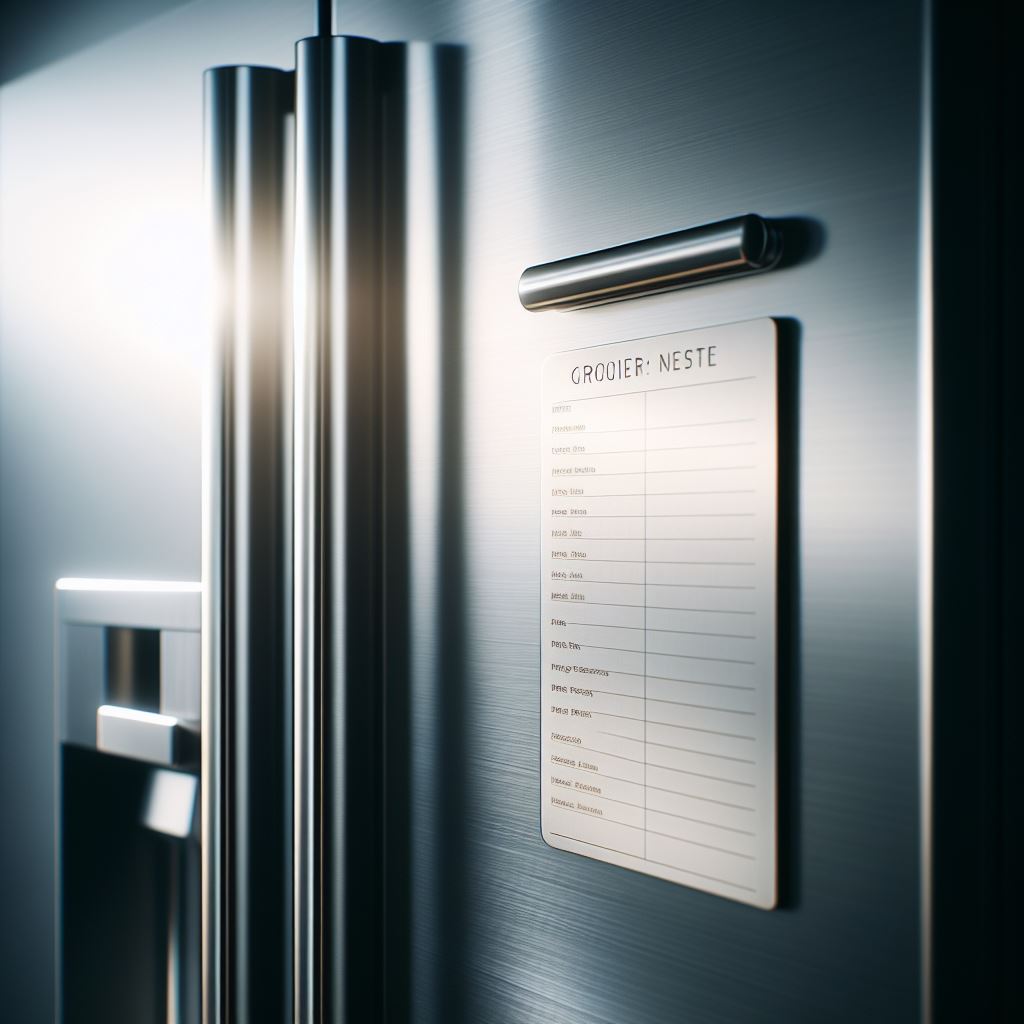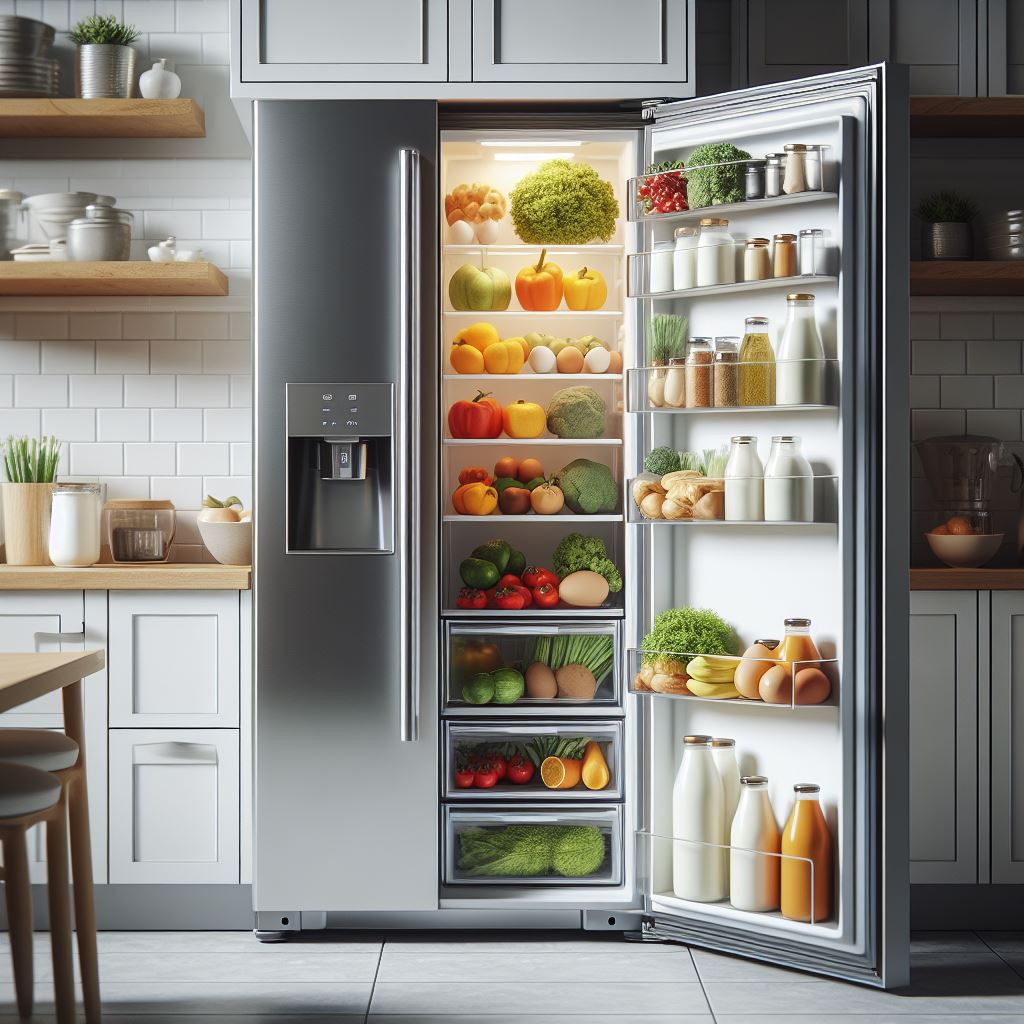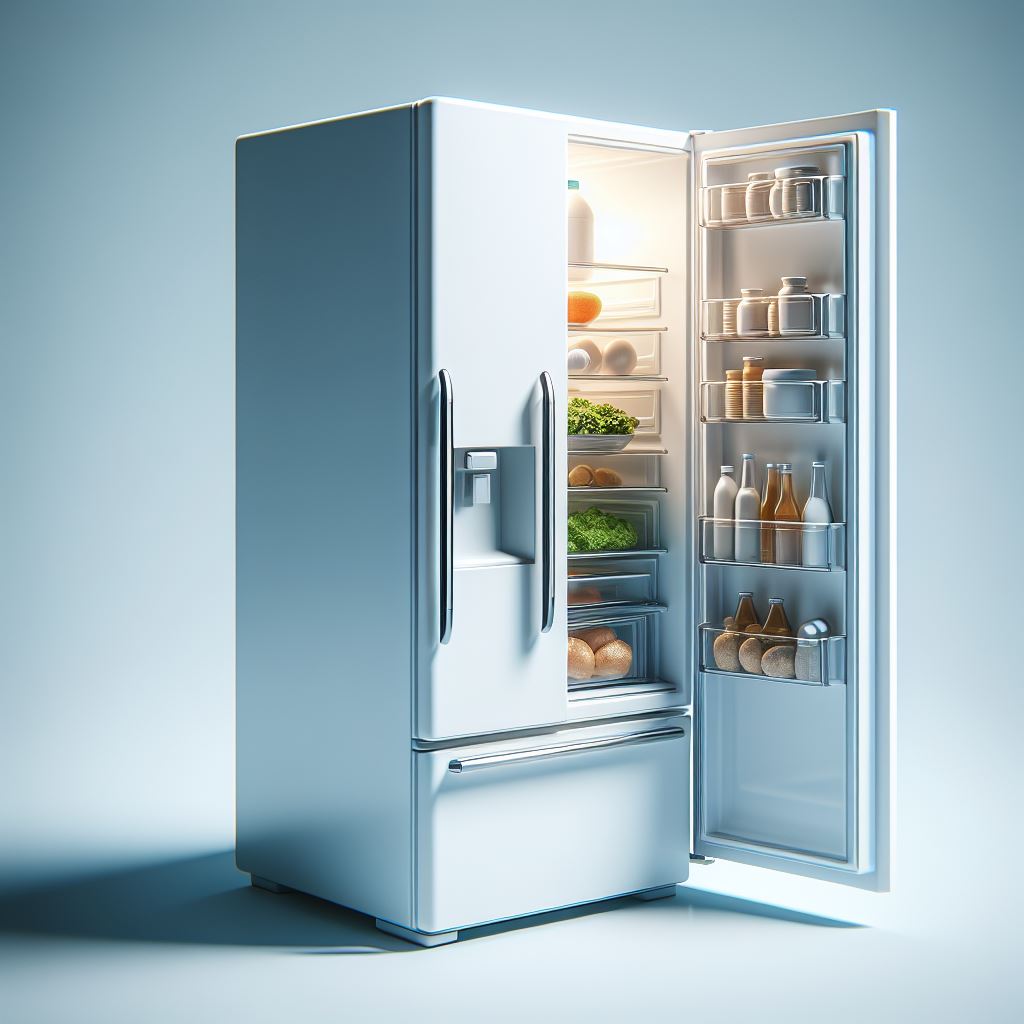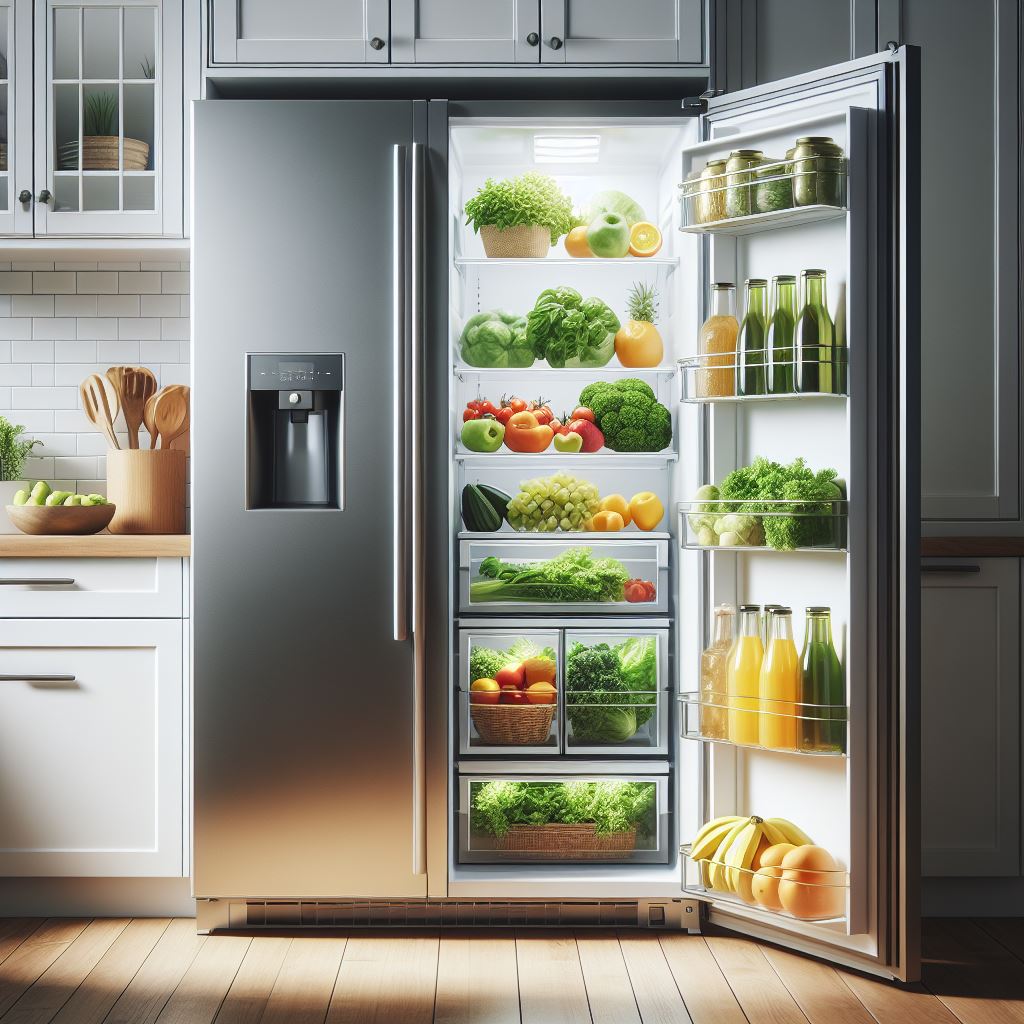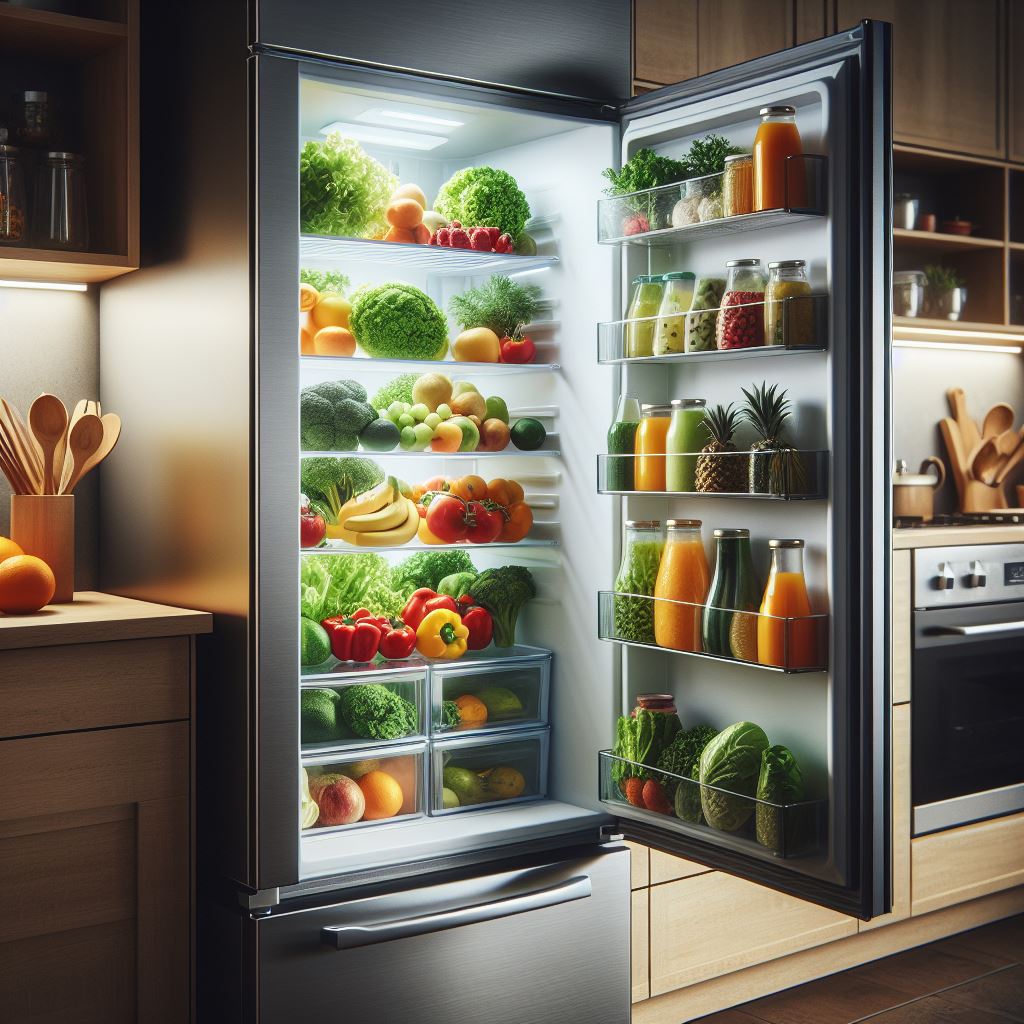If you’ve ever wondered how much power your refrigerator consumes, you’re not alone. Refrigerators are one of the most essential appliances in our homes, but they also tend to be energy hogs. So, how many watts does a refrigerator use? Let’s break it down in simple terms and explore how you can optimize your energy usage with a generator.
A refrigerator is a must-have appliance in every home, ensuring that our food stays fresh and doesn’t go to waste. But have you ever stopped to think about how much electricity it actually uses and how it impacts your overall energy consumption? Let’s dive into the world of watts and generators to understand just how much power your refrigerator consumes.
On average, a refrigerator uses anywhere from 100 to 200 watts of electricity while it’s running. This number can vary based on the size and model of your fridge, as well as how frequently you open and close its doors. The compressor, which is in charge of keeping your fridge cool, is the main energy-hungry component.
If you find yourself relying on a generator to keep your refrigerator running during a blackout, it’s crucial to consider the wattage of both your fridge and your generator. For instance, if your refrigerator consumes 150 watts, you’ll need a generator with a capacity of at least 300 watts to power it. Be sure to double-check the wattage requirements of your specific fridge to ensure that your generator can handle the load.
It’s worth noting that refrigerators don’t run constantly. They cycle on and off throughout the day to maintain a consistent temperature inside. This means that while the average wattage might be around 150 watts, the actual energy usage over time could be lower.
To boost energy efficiency and ease the strain on your generator, there are a few steps you can take. Start by keeping your refrigerator well-maintained and running smoothly. Regularly clean the coils, check for leaks in the door seals, and set the temperature to the recommended level. Consider upgrading to an energy-efficient refrigerator model to further cut down on electricity consumption.
In a nutshell, a refrigerator typically uses between 100 and 200 watts of electricity while running. If you’re relying on a generator to power your fridge during a power outage, make sure to match the wattage requirements with a suitable generator. By taking care of your refrigerator and adopting energy-efficient habits, you can lower your energy usage and lessen the load on your generator.
1. How many watts does a refrigerator typically use when running on a generator?
A: On average, a refrigerator can use anywhere from 100 to 800 watts, depending on the size and efficiency of the appliance.
2. Can a generator handle the power requirements of a refrigerator?
A: Most portable generators are capable of providing enough power to run a refrigerator, as long as the generator is properly sized and rated for the appliance’s wattage needs.
3. How can I calculate the power usage of my refrigerator to determine the generator size needed?
A: To calculate the power usage of your refrigerator, you can check the appliance’s wattage rating on the label or manual. Once you know the wattage, you can determine the generator size needed based on that information.


